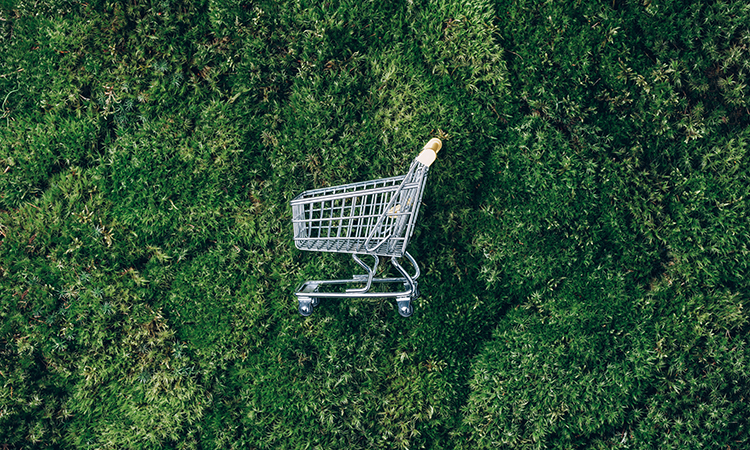Survey reveals consumers becoming more eco-focused when shopping
- Like
- Digg
- Del
- Tumblr
- VKontakte
- Buffer
- Love This
- Odnoklassniki
- Meneame
- Blogger
- Amazon
- Yahoo Mail
- Gmail
- AOL
- Newsvine
- HackerNews
- Evernote
- MySpace
- Mail.ru
- Viadeo
- Line
- Comments
- Yummly
- SMS
- Viber
- Telegram
- Subscribe
- Skype
- Facebook Messenger
- Kakao
- LiveJournal
- Yammer
- Edgar
- Fintel
- Mix
- Instapaper
- Copy Link
Posted: 22 April 2021 | Joshua Minchin (New Food) | No comments yet
On Earth day, a survey has revealed consumers are becoming increasingly conscious of where their food comes from and the majority would support easy labelling measures to identify how sustainable a product is.


On Earth Day, new research has revealed consumers are more conscious of the impact their food has on the planet
New research suggests that the pandemic has intensified interest in “conscious consumption” — defined as those who seriously consider the environmental and societal impacts of their shopping choices — challenging consumer goods and retail industries to fundamentally rethink how they cater to the pandemic-adapted consumer.
The research, conducted by Accenture, claims that half of consumers do not have a good understanding of which brands are sustainable/ethical, and which are not, and to help easily understand how sustainable a product is, seven in 10 consumers would support a mandatory but simple labelling standard for products such as a traffic light indicator.
In addition, two thirds (65 percent) of consumers believe that the government should introduce legislation to promote “conscious consumption”, eg charging for plastic bags. A further 69 percent of consumers believe consumer brands should do more to make it easier to consume more consciously.
“The pandemic is making consumers think more about the impact their purchasing decisions are having on the environment and society at large,” said Oliver Wright, senior managing director and global lead of Accenture’s consumer goods industry group.
“Consumers’ focus on areas like the provenance of ingredients and raw materials, working practices, the environmental impact of finished products and packaging, calls for companies to ensure the agility and capability to be relevant to consumers and customers — with a portfolio of products and services that match shifting purchasing patterns – and to better collaborate with industry peers, just as they proved they could during the pandemic,” he added.
“People’s values are increasingly becoming infused in their shopping habits as consumers think more about balancing what they buy, and how they spend their time, with global issues of sustainability,” said Jill Standish, senior managing director and head of Accenture’s global retail industry group.
“This calls for retailers to be authentic and to pay attention to what each community they serve really cares about. It is no longer enough for brands to just talk about responsibility, they need to adopt environmental, social and governance (ESG) practices, harnessing technology to drive outcomes across their entire operations, from building more sustainable supply chains to equipping the workforce for a new environment.”
It was a topic raised during the panel session held as part of Food Integrity this week, as our expert-packed panel asked “How ethical is your supply chain” and debated what food manufacturers should be doing when it comes to being both more sustainable and more ethical when it comes to sourcing their ingredients and products.
Related topics
Environment, Research & development, retail, Sustainability, The consumer






